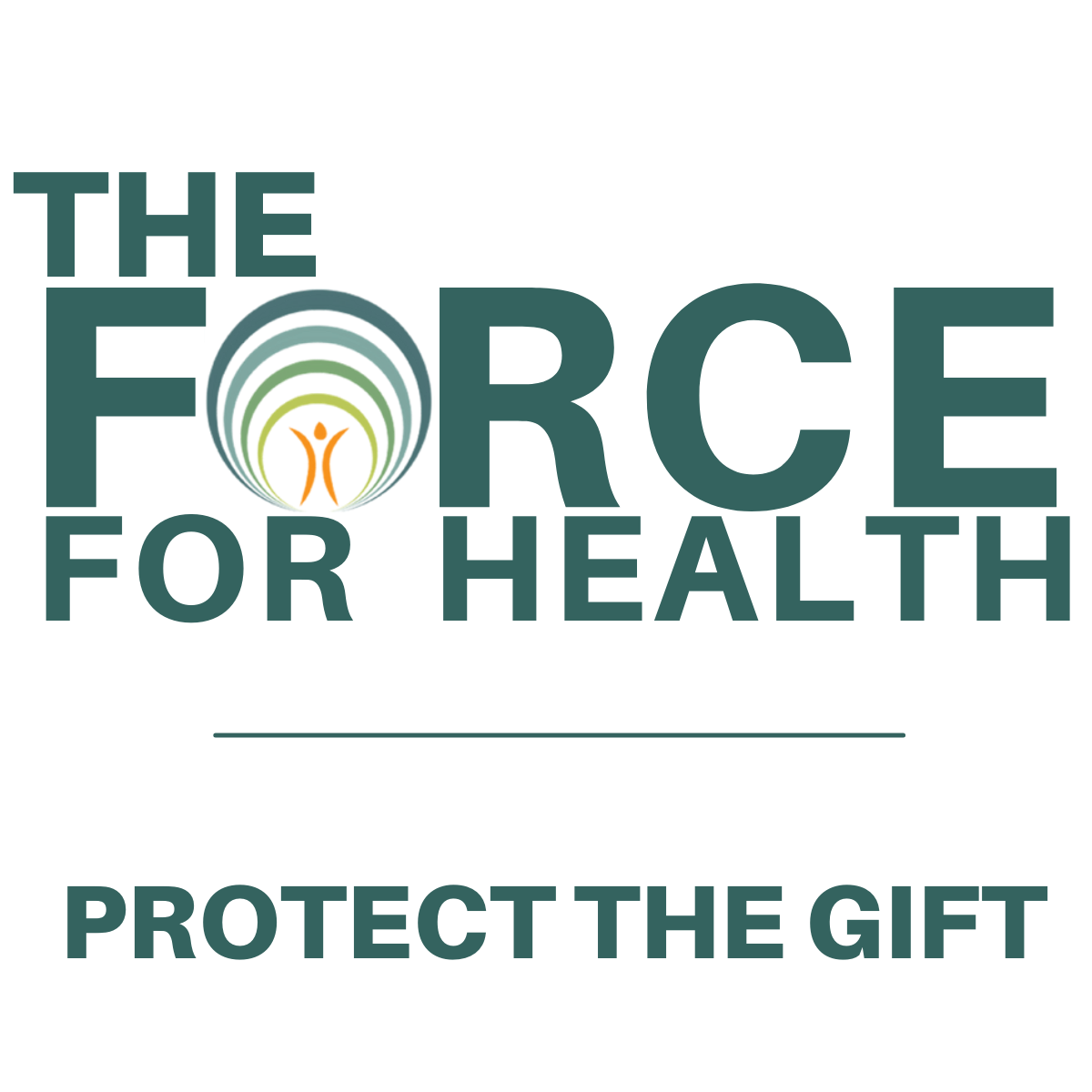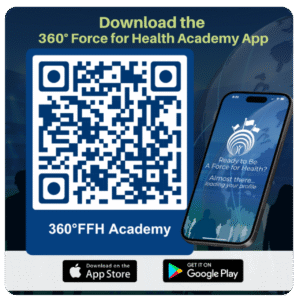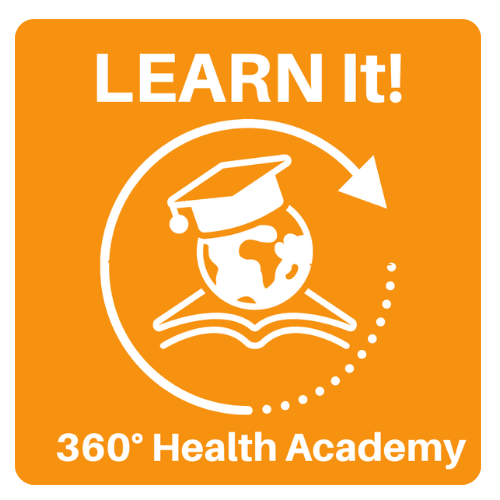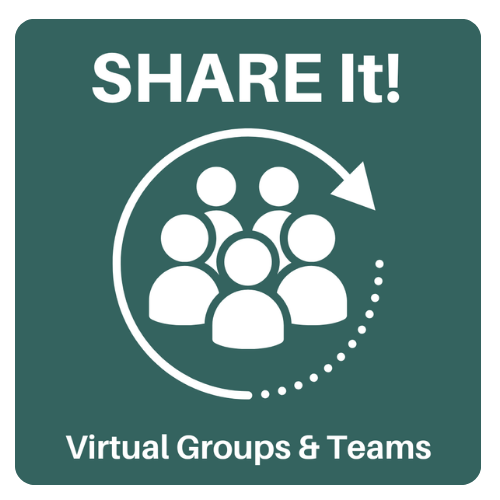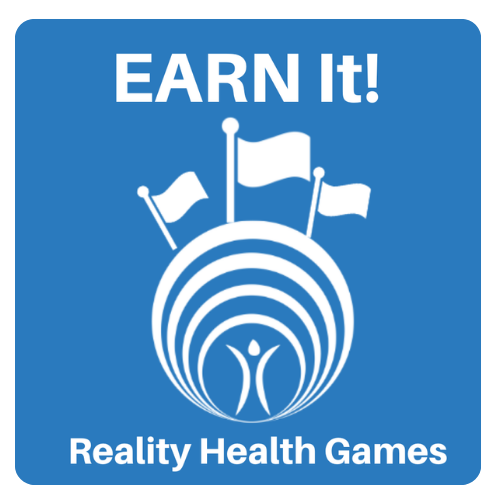Transcription of video: Hi, this is Dr. Robert Gillio. Dr. Robert, the Force for Health. 22 years ago, I was at Ground Zero shortly after nine 11 as part of a team helping set up a clinic called the Ground Zero Clinic. We studied, 1800 police officers and eventually 60,000 people in a World Trade Center registry. We’re looking at health outcomes, but one of the things we learned is that we were not ready then as citizens, and we’re not ready now as citizens or first responders. A third of us, including our first responders, are overweight, outta shape and don’t have baseline health records. They’re not taking care of me so they can take care of all the rest of us, the we. So we created this Force for Health Network. It’s a free tool for anyone that wants to join. And one of the things that make, maybe will make you interested in this as a teacher is I wrote a book about it. I wrote it as a cathartic thing for my teenage kids after nine 11, is why was mom and dad at Ground zero when airplanes were falling out of the sky with that book, we have, we have a series of, of versions of it with lesson plans and worksheets, that are appropriate for middle school or high school kids. And I’m not trying to sell a book. I’m trying to sell a vision, a vision of students and teachers and parents that can be a forceful for themselves, take care of their family, take care of their neighbors, and even in a distant disaster, a community far away in the world. But the book is narrated with multiple chapters, and, pictures and lesson plans. It’s free online. I’ve, I’ve not even been selling the book, in a hard copy. Maybe we will if people want it, but the goal is speaking to teenagers. What did a group of volunteers do at nine 11 from Lancaster, Pennsylvania, as they were asked to step up and maybe help with a telemedicine and screening operation, at ground zero. What, and I want to get people thinking we’ve just been through another disaster. Yeah, we’ve been through Katrina, and there’s a book about that in here. Also, in the lessons learned group, basics, lessons learned group, it’s free. Join, and have access to this. I want the learners and the teachers and the instructors to be thinking about what lessons they learned during covid. What lessons have they learned during the political strife we’ve had or the, war in Europe What lessons are we learning potentially about global warming and real news or false news, fake news or fake science, or, changes in attitudes about science. So the point I’m getting at is I’d like you to join me and Have your students learn about these things, and then if they wish, they can work on me. And we, with a whole series of tools for project-based learning and personal improvement, starting more primarily with STEM or vow around the body and how it works with things like our 360 anatomy models, that will have your students being able to do, dissections and other such tools on their handhelds. And by the way, everything they do in this program is part of something we’re calling the reality Health games. We’re creating a new way to compete, get points when you walk, when, so when you move, when you learn, when you do community service, and when you earn, things for other people. Say your local fire department or, or church or temple or mosque or community. So can we create health promoting citizens of the world I think so. Is nine 11 the time to start thinking about it Yes. Is there free tools for anyone in the world to use Yes. please go to the link, provided at the www the force for health.com and join. join as a basic member at no cost. If you wanna advance things further, there’s other things that w that have some minimal cost to it, for people to be much, much more involved. We all need to be health literate. We all need to care about ourselves and be a health literate, health promoting community servant. Isn’t that what it’s all about at nine 11 Isn’t that a good lesson learned Look out for each other. Be vigilant, but be ready to adapt, improvise, and overcome, and prevent the next thing from happening. Thanks for being a force for health. Recommend0 recommendationsPublished in Dr. Rob Perspectives, Force for Health® Network News


